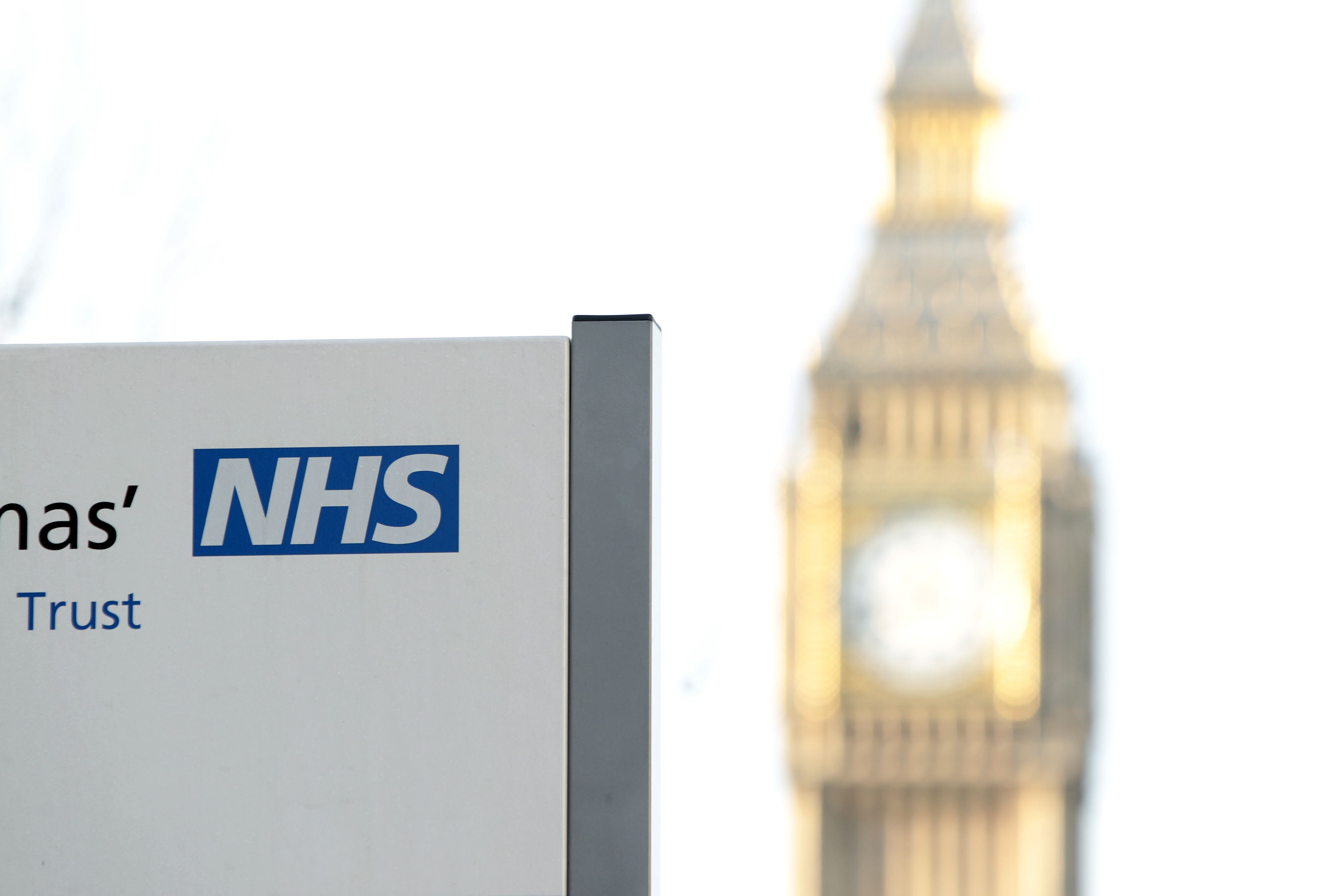Government already started on work to fix ‘broken’ NHS, says Prime Minister
Sir Keir Starmer said the ‘raw honesty’ about the state of the health service is ‘tough’ to hear but is necessary to fix the NHS.

Your support helps us to tell the story
From reproductive rights to climate change to Big Tech, The Independent is on the ground when the story is developing. Whether it's investigating the financials of Elon Musk's pro-Trump PAC or producing our latest documentary, 'The A Word', which shines a light on the American women fighting for reproductive rights, we know how important it is to parse out the facts from the messaging.
At such a critical moment in US history, we need reporters on the ground. Your donation allows us to keep sending journalists to speak to both sides of the story.
The Independent is trusted by Americans across the entire political spectrum. And unlike many other quality news outlets, we choose not to lock Americans out of our reporting and analysis with paywalls. We believe quality journalism should be available to everyone, paid for by those who can afford it.
Your support makes all the difference.The newly-elected Labour Government has already started on the work to fix the “broken” NHS, Sir Keir Starmer has said.
The Prime Minister told journalists at a press conference in Downing Street that the “raw honesty” about the state of the health service is “tough” to hear for those working in the NHS, but that the candour is necessary to fix it.
He added that the work to get 40,000 extra NHS appointments a week as pledged “starts straight away”.
Asked on Saturday whether he was happy with the performance of NHS England chief executive Amanda Pritchard and if he will be keeping her on, Sir Keir said: “This is not aimed at the chief executive of the NHS, it’s a reflection on the failure of leadership of the last government, but it is a raw honesty about the state of the NHS because we will not fix it if we aren’t honest.
“It’s a tough thing to hear if you work in the NHS. Obviously my wife works in the NHS, as I may have mentioned, but it’s tough because if you work in the NHS, you’re putting a huge amount in in difficult circumstances. It’s unrelenting.
“But, you know, we have to be honest about this. It’s broken and our job now is not just to say who broke it, the last government, but to get on and start to fix it which is what we will be doing and (Health Secretary) Wes Streeting has already started on that work.”
Mr Streeting posted on X after the Prime Minister’s press conference: “Following this morning’s Cabinet meeting, I held calls with health ministers in Scotland, Wales and Northern Ireland, and (Scottish Labour’s health spokesperson Jackie Baillie) @jackiebmsp.
“A Labour government in Westminster will be a rising tide that lifts all ships and we’ll work constructively with devolved administrations.”
Questioned during the press conference on when he can commit to getting 40,000 additional appointments up and running, the Prime Minister said the work on that “starts straight away”.
He said St Thomas’ Hospital in Westminster and other hospitals across the country, including Leeds, have already introduced these additional appointments “of their own volition” by setting up schemes to work evenings and weekends.
“We’ve talked through with them how they did it… they will go across the country to be deployed to help set up the model in other hospitals as quickly as we can,” he said.
“So I can’t say by day X it will happen, but we’ve already had quite some discussions about how that will be rolled out from day one.”
While the NHS has faced its own difficulties in recent years, surveys show that the majority of the British public still believe in the founding principles of the service.
Some 82% agree that the NHS should be available to everyone, 91% think it should be free of charge and 82% believe it should be primarily funded through taxes, according to the latest Social Attitudes Survey.
Yet the poll showed that satisfaction with the service dipped to its lowest ever level in 2023, with some 24% of the public saying they were satisfied with the health service.